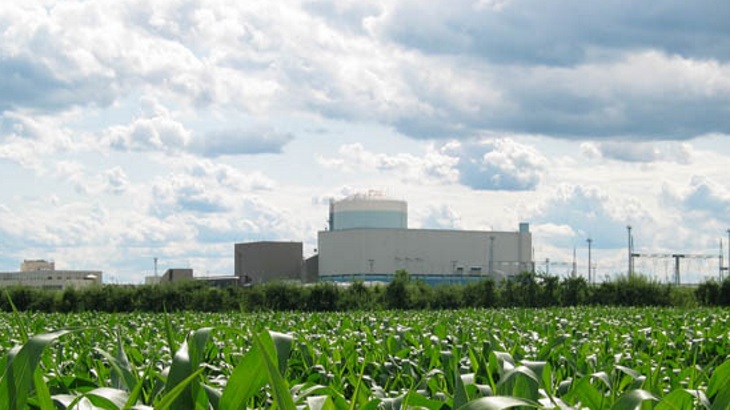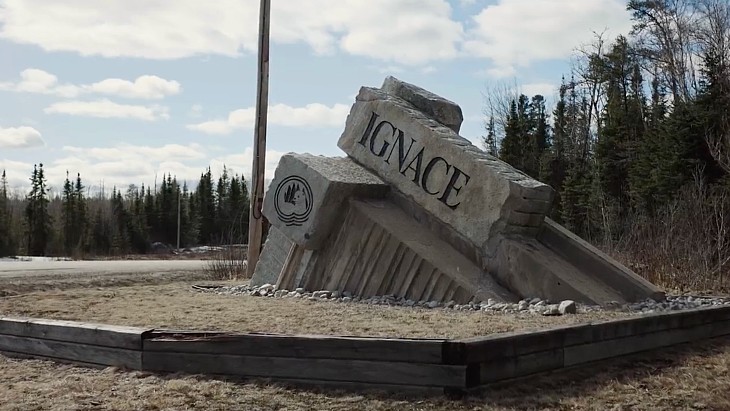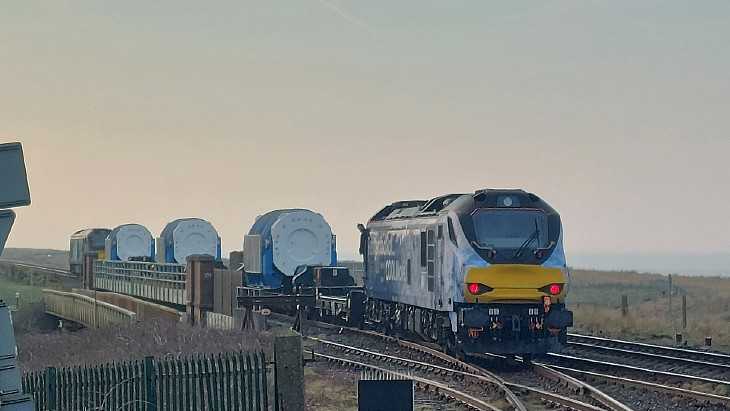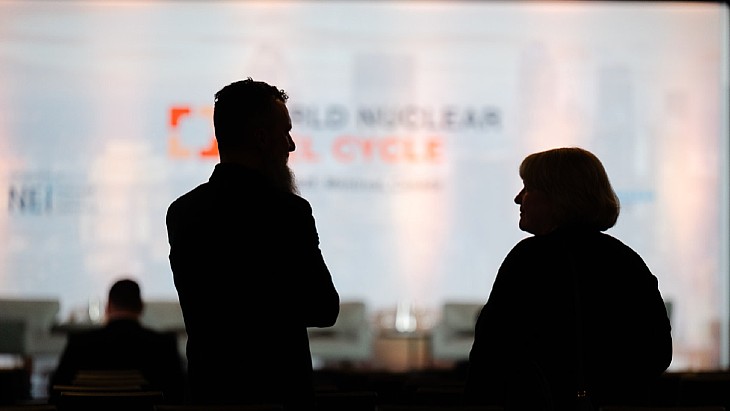Study into deep borehole disposal costs at Krško

The study will examine "the costs associated with the disposal of the two countries’ shared inventory of pressurised water reactor spent fuel assemblies in either generic crystalline basement geologies or shale geologies such as at the Krško power plant". Cost comparisons will be provided for vertical and horizontal boreholes.
Chris Parker, Managing Director for Deep Isolation EMEA, said: "The inventory of waste at Krško is extremely well suited to boreholes and we are keen to help the governments of Croatia and Slovenia to optimise their waste management strategy for Krško."
Leon Kegel, head of planning and development at the Slovenian Radioactive Waste Management Organisation (ARAO), said: "We are working in parallel to update our estimates for the option to construct a mined repository for this waste, as well as working with Deep Isolation to quantify the economic benefits of the deep borehole option. These projects will provide us with important cost data to inform our updated waste management strategy for Krško in 2024."
The new study follows Deep Isolation work last year on a wider, preliminary high-level cost review, of deep borehole disposal in various European countries, and one for ARAO as an option for disposal of the TRIGA II research reactor's waste in Slovenia. That study concluded the most cost-effective option would be to build one deep borehole repository for fuel from both the research reactor and Krško nuclear power plant.
The new study, jointly commissioned by ARAO and Croatia's Fund for Financing the Decommissioning of the Krško NPP (Fond-NEK) is due to be delivered in February.
Krško is a Westinghouse pressurised water reactor located on the Sava river. It is unusual in being jointly owned by two countries: Slovenia, where it is located, and neighbouring Croatia, both of which were parts of the former Yugoslavia when Krško came online in 1981. It supplies as much as 40% of Slovenia's electricity and has had its lifetime extended so it can operate until 2043.
_17992.jpg)
_75800.jpg)








_50521.jpg)

